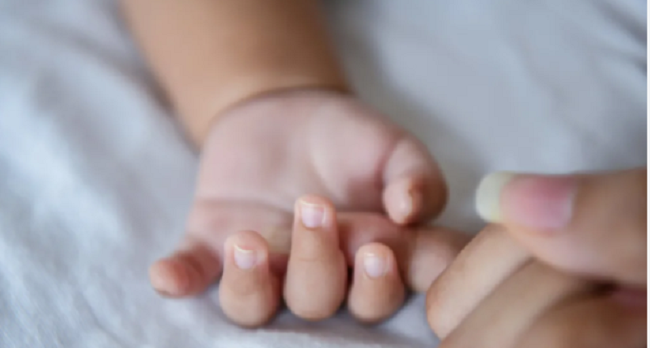Provost College of Medicine, University of Ibadan, Professor Olayinka Omigbodun said up to 70 percent of women stand at increased risk of experiencing postpartum blues, a mental health condition that leaves them feeling down, worthless, or tearful, particularly in the 48 hours after childbirth.
She said family support, particularly in the first hours after childbirth, is important for them to overcome the condition that is linked to hormonal changes in many women.
Omigbodun, the Principal Investigator of Succeed Africa Research Consortia, Nigeria Team at the College of Medicine of the University of Ibadan, made this disclosure at the round table discussion with the audience after the Spellbinder Stage Play by Bode Sowande, a Professor of Performing Arts at the Ajayi Crowder University, in Ibadan.
According to Professor Omigbodun, postpartum depression and postpartum psychosis also occur, respectively, in about 10 percent and 0.1 to 0.01 percent of women immediately after childbirth.
“Postpartum blues occur in up to 70 percent of women when they have a baby; they just feel sad and worthless and might be crying more than usual, and usually it subsides in about 48 hours, particularly if they have a supportive family and people rally around them.
“Sometimes, we also have postpartum depression; the women might become withdrawn, not talking, feeling hopeless, worthless, depressed, and having a low mood, and sometimes they may even go ahead and feel like committing suicide. It needs to be treated.
“Also, we have postpartum psychosis, and that occurs in 0.1 to 0.01 percent; it is relatively rare. The woman will be hearing voices without seeing who is talking; she will believe things that are not real. Postpartum blues can be managed at home, but postpartum depression needs treatment. It may not be drugs, but just psychological intervention.
“With postpartum psychosis, once the woman gets treatment, she calms down. So, a woman with postpartum psychosis with treatment will usually recover fully, and with good support, the condition will never come back.”
Professor Omigbodun, who muted the need to change cultural practices that could cause the woman stressed or predisposed to poor mental wellness after childbirth, said such women that experience mental breakdown should be allowed to breastfeed their babies, too.
“In our society, once a woman is sick and she has had a baby, they take the baby away because they believe that the illness can be transmitted from breast milk. Breast milk is a saving grace for our children; it does a lot for their physical and mental wellbeing. When you remove a baby from the mother at that stage, it can have serious consequences.”
Professor Sowande said the message of the 70-minute stage play was that individuals’s thoughts drive everything they do, consciously or unconsciously.
He also called on the federal government to take care of people with mental health illnesses, adding, “I don’t think that we have enough doctors handling mental health problems.”
